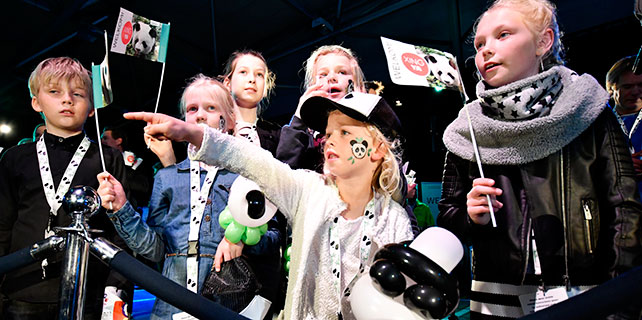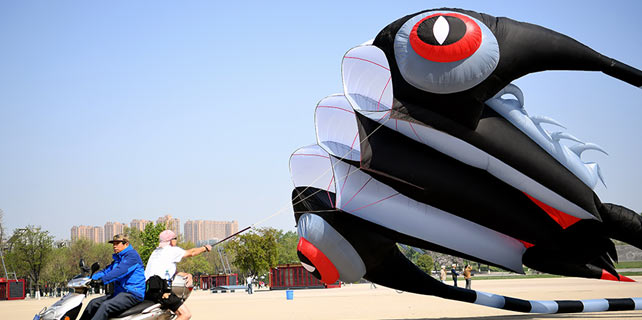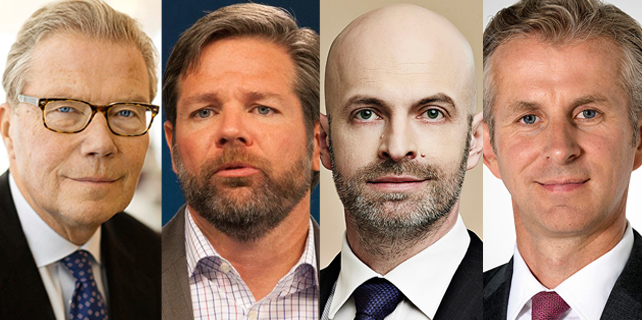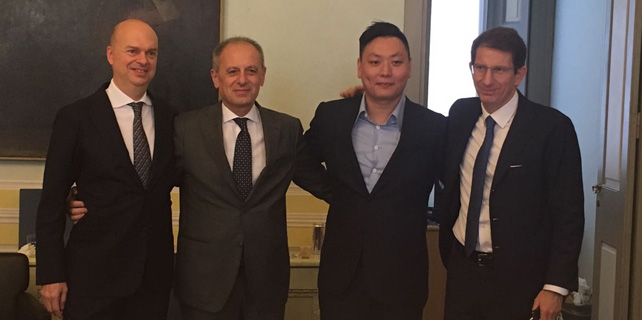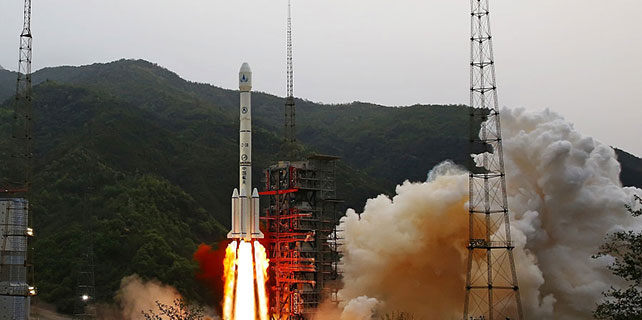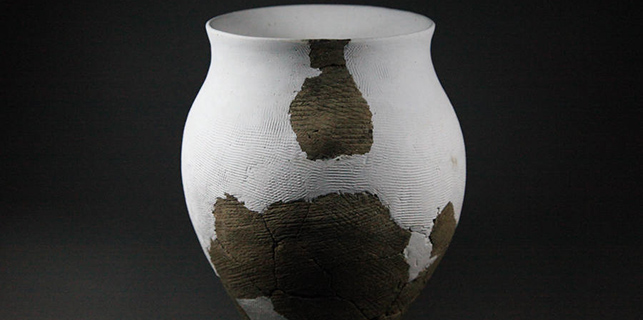French presidential race tightens further, markets nervous
Concern about a Le Pen victory, which would put further pressure on the EU after Britain's decision to leave the bloc, led to an unusual foray into French politics by Germany, France's traditional partner at the heart of the EU.
"We need a pro-European France," German Finance Minister Wolfgang Schaeuble said in Berlin.
"I hope Le Pen does not become French president," he added.
Outgoing Socialist President Francois Hollande is also concerned about Melenchon's rising popularity, according to Le Monde newspaper, and this has fed speculation he could endorse Macron as the best hope to win rather than official Socialist candidate Benoit Hamon, who is doing poorly in the polls.
In an interview with Le Point magazine published on Wednesday, Hollande kept silent about his choice, saying he would endorse a candidate before the second round of the election.
But he spoke highly of the decision by Macron, a former economy minister in his government, to launch a new party, saying "I think politics needs renewal" and he spoke out against demagoguery.
"There is a danger in simplifications and falsifications which make people look at the ... speaker rather than the content of what he is saying," he said.
Hollande, an unpopular president who did not seek a second term, said ruling parties should not hold primary elections in future, because it was impossible to be president and candidate at the same time.
The conservative Le Figaro newspaper called Melenchon "the French Chavez", alleging in a front-page story that his plans were inspired by the late Venezuelan leader Hugo Chavez.
Melenchon mocked his new notoriety in a blog on his website.
"They announce that my winning the election would bring nuclear winter, a plague of frogs, Red Army tanks and the landing of the Venezuelans," he said.







